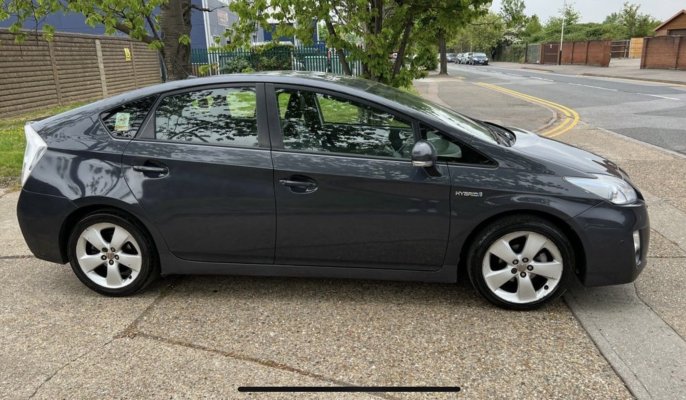Evening all.
Just test drove a C350E and paid a £500 deposit. However reading the stories about the batteries being out of warranty I am nervous about proceeding with the purchase.
My first Merc.... But battery replacement is what is causing me to sweat.
Just test drove a C350E and paid a £500 deposit. However reading the stories about the batteries being out of warranty I am nervous about proceeding with the purchase.
My first Merc.... But battery replacement is what is causing me to sweat.


